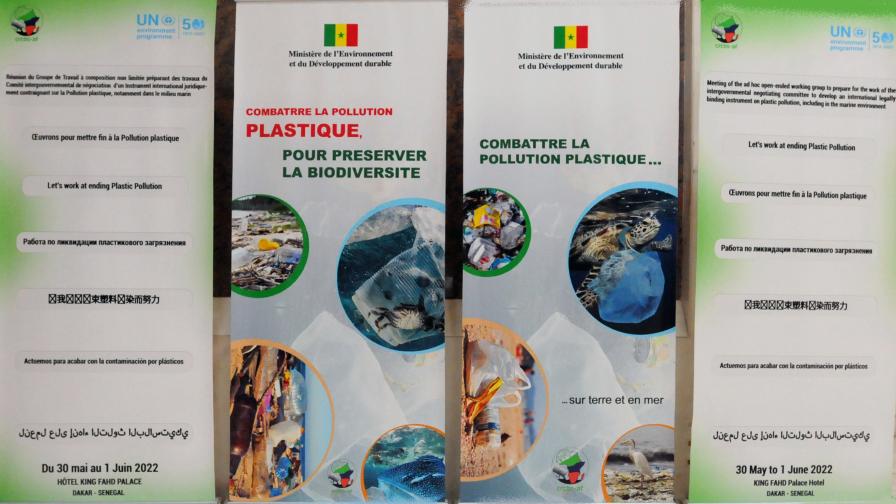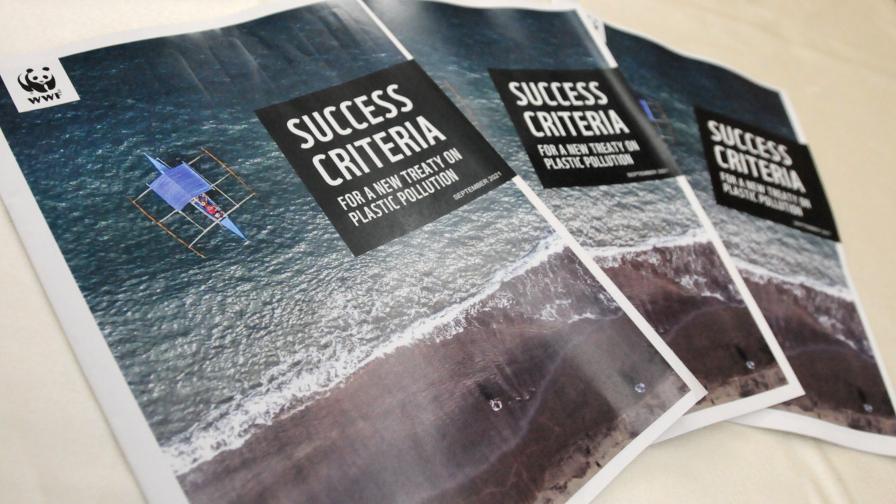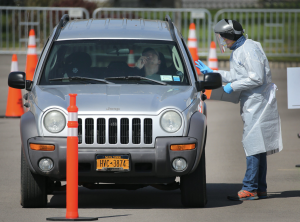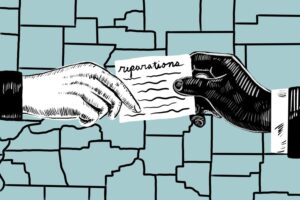A Senegalese activist calls for a ban on plastic carrier bags.
On the penultimate day of the meeting, delegates engaged in detailed discussions on the rules of procedure that will govern the intergovernmental negotiating committee (INC). Some found themselves engaging on issues that have presented challenges under other global environmental negotiations, specifically related to engagement and participation during online meetings.
With one plenary session remaining before the curtain falls on the ad hoc open-ended working group (OEWG) to prepare for the INC to develop an international legally binding instrument on plastic pollution, including in the marine environment, delegates established an informal drafting group to finalize the rules of procedure. This group met in the afternoon and well into the night.
Although most of the rules are not controversial and reflect general international practice, the COVID-19 pandemic has occasioned a rethinking about certain meeting modalities. Responding to requests from some countries on Tuesday, OEWG Chair Cheikh Ndiaye Sylla (Senegal) led the OEWG in a text-based negotiation on the rules of procedure. Specifically, delegates debated whether and how to reflect in the rules of procedure the possible need to hold online sessions, and whether online meetings should be used to deliberate on substantive matters.
A view of the room from the dais perspective
A number of delegations expressed strong support for only holding negotiations on substance in-person, rather than virtually, while others preferred a hybrid meeting option to ensure broader participation. Some proposed that the online meeting setting could be used to address administrative and budgetary issues, but this proved sensitive to others who were of the view that discussions on the budget are too important to be addressed virtually. Some delegates cited the challenges of connectivity, and said that only in-person meetings can ensure that all voices are heard. Others said that online options for participation are more inclusive. Delegates worked in plenary and in an informal group to address these outstanding issues.
In the afternoon delegates considered a proposed approach to the work of the INC compiled by the Secretariat, including a list of considerations for negotiations, provisional dates for INC meetings, and a possible list of documents for the first meeting of the INC. After an extensive round of discussions, where delegations offered suggestions to assist the Secretariat in understanding their needs, the Secretariat announced that a revised version of the list of considerations would be circulated on Wednesday.
The dais during Wednesday’s Multi-stakeholder Dialogue
Over lunchtime, delegates convened in a multi-stakeholder dialogue on inspiring consumers, civic and youth action to transform the plastic value chain. Panelists considered, among other issues, the importance of human behavior as one of the solutions to plastic pollution; the positive effects of reinforcing good social norms to shift perception and behavior; including young people as part of national delegations in the plastic pollution talks; and the urgent need to address both consumption and production of plastic.
All ENB photos are free to use with attribution. For the Plastic Pollution OEWG, kindly use: Photo by IISD/ENB | Diego Noguera.
To receive free coverage of global environmental events delivered to your inbox, subscribe to the ENB Update newsletter.
Plenary
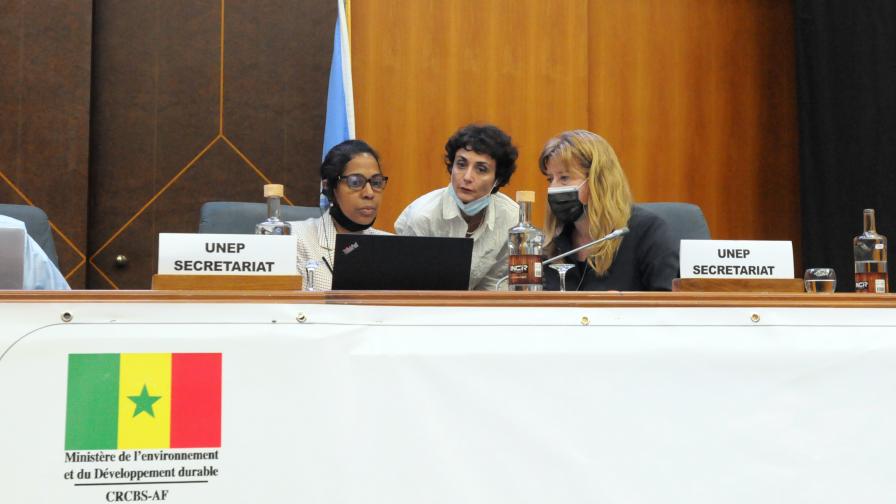
L-R: Leticia Carvalho, UNEP; Aphrodite Smagadi, UNEP Legal Officer; and Brenda Koekkoek, UNEP

Robert Bunbury, Canada
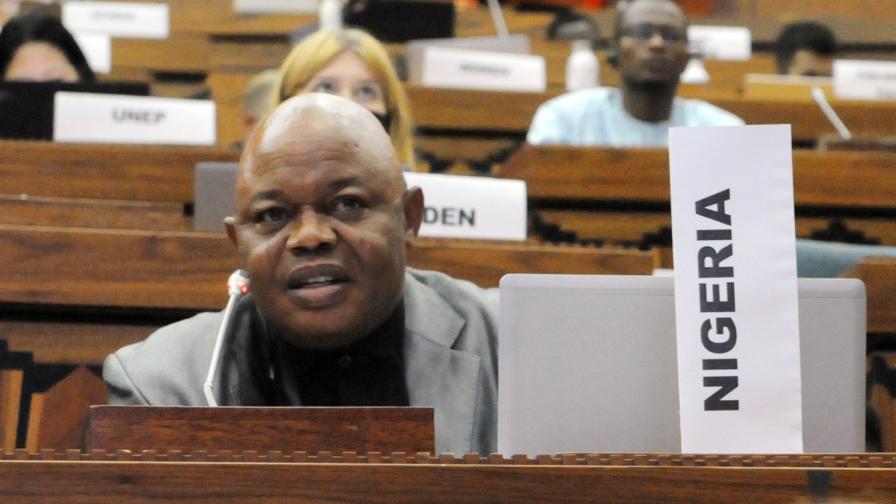
Yunnus Abdul-Ganiyu, Nigeria
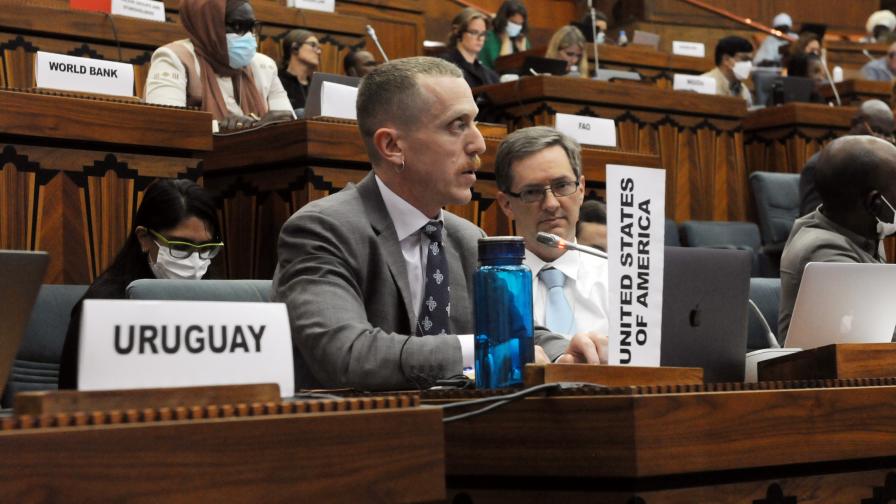
Gene Smilansky, US

Marine Collignon and Hugo Shally, EU
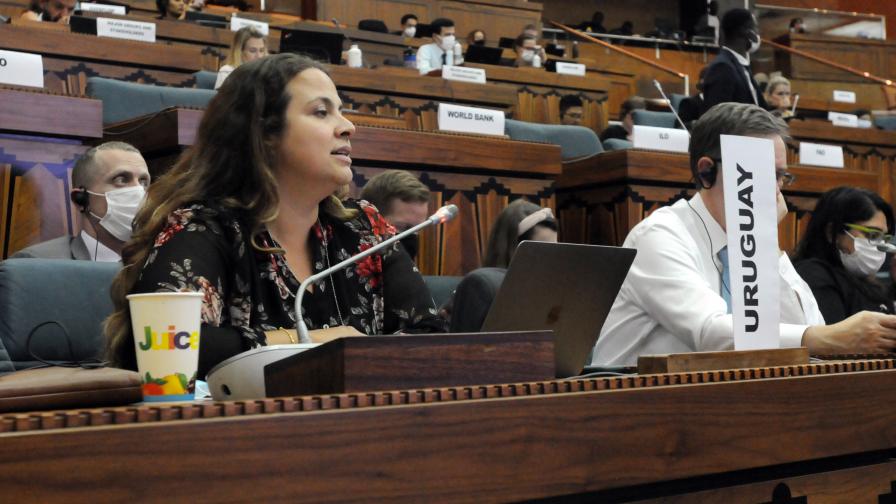
Valentina Sierra, Uruguay
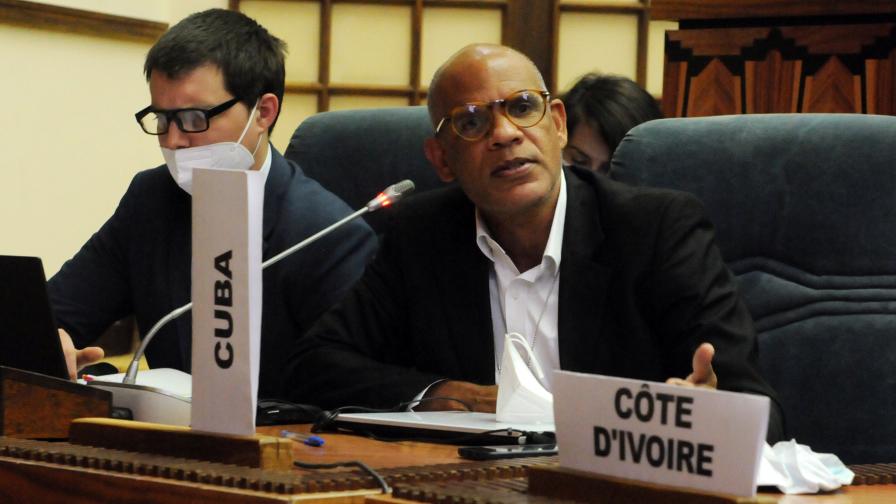
Jesús Guerra, CubaView 10 more photos
Multi-stakeholder Dialogue
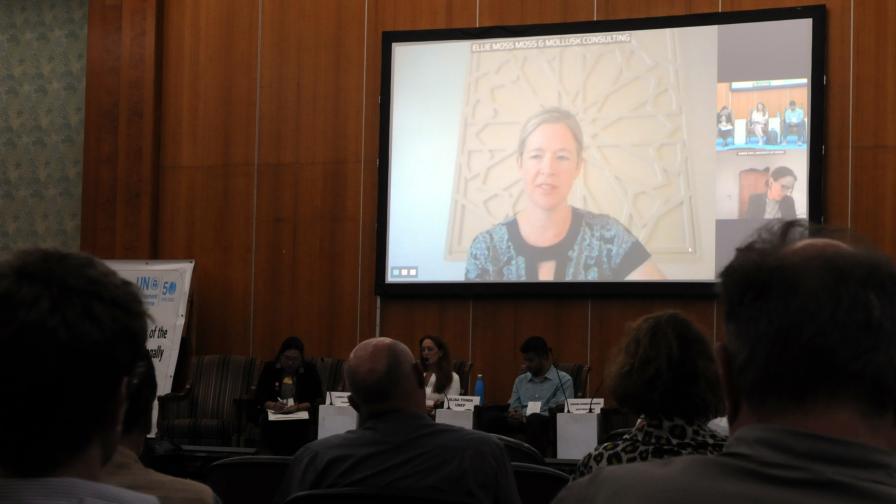
Ellie Moss, Moss and Mollusk Consulting

Moderator Elisa Tonda, UNEP
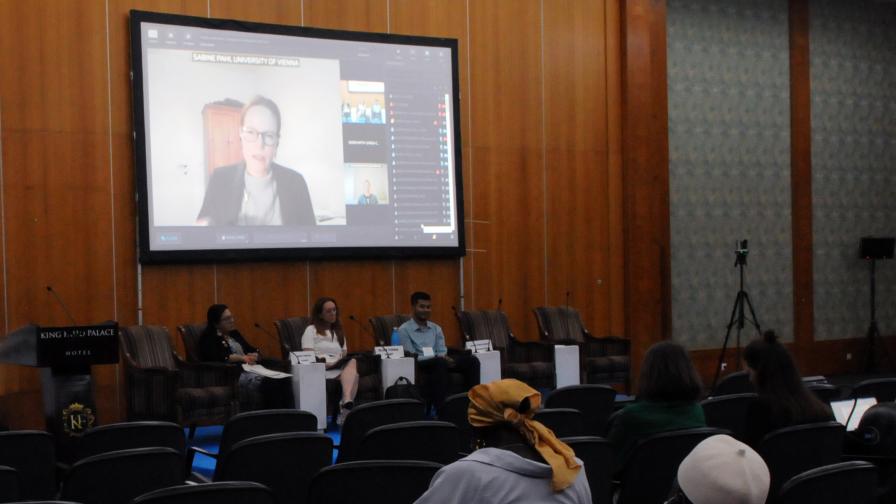
Sabine Pahl, University of Vienna

Zuhair Ahmed Kowshik, Children and Youth Major Group, UNEP

Lorena Terrazas, Regional Facilitator for NGOs Major Group, UNEP

Ruth Spencer, Zero Waste, Antigua and Barbuda, poses a question to the panelists.

Siddharth Ghanshyam Singh, Centre for Science and Environment, India, asks a question online.
Around the Venue
